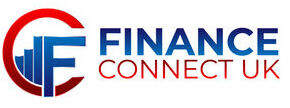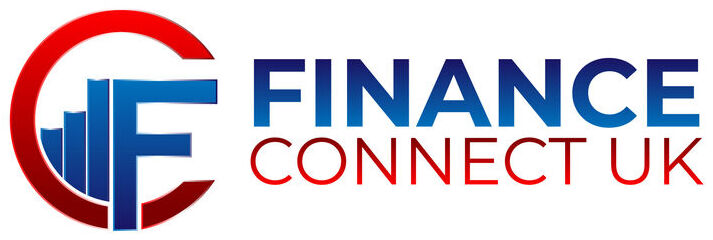
posted 15th March 2025
Finding an Independent Financial Adviser
Finding the right Independent Financial Adviser (IFA) can be a crucial step in managing your finances effectively. Whether you're planning for retirement, investing, or seeking general financial guidance, choosing the right adviser ensures you get tailored advice suited to your financial goals. Here are some key factors to consider when selecting an IFA:
Qualifications and Credentials
A reputable financial adviser should hold the appropriate qualifications and certifications. Look for advisers who have certifications such as:
• Diploma for Financial Advisers (DipFA)
• Chartered Financial Planner status
• Certified Financial Planner (CFP) designation
• Fellowship of the Personal Finance Society (FPFS)
These qualifications indicate a high level of expertise and a commitment to professional standards.
Regulatory Status
Ensure that your chosen adviser is regulated by the Financial Conduct Authority (FCA). You can check their credentials on the FCA Register to confirm that they are authorised to provide advice and meet regulatory requirements.
Independence vs. Restricted Status
An Independent Financial Adviser (IFA) can recommend financial products from across the whole market, while a restricted adviser may be limited to certain providers or products. If you want a broader range of options, an IFA is generally the better choice.
Areas of Specialisation
Different advisers may specialise in different areas of financial planning. Consider your specific needs, such as:
• Retirement Planning – Pension advice, annuities, and drawdown strategies.
• Investment Advice – Portfolio management, ISAs, and tax-efficient investing.
• Estate Planning – Inheritance tax planning and wills.
• Mortgage Advice – Home and buy-to-let mortgage guidance.
• Protection Planning – Life insurance, critical illness cover, and income protection.
Choose an adviser who has expertise in the areas relevant to your financial goals.
Fee Structure and Transparency
Financial advisers charge fees in various ways, including:
• A fixed fee for specific services.
• An hourly rate for consultations.
• A percentage of assets under management (common for investment advice).
Make sure the adviser is transparent about their fees and understand the cost implications before committing.
Typical Costs of Financial Advice
The cost of financial advice can vary depending on the complexity of your needs and the adviser's pricing structure. Here are some typical costs you might expect:
• Initial Consultation – Often free or charged at a fixed rate (e.g., £100 - £500).
• One-Off Financial Review – Typically between £500 - £2,500, depending on complexity.
• Ongoing Advice Fees – Generally charged as a percentage of assets under management, usually around 0.5% - 1% per year.
• Hourly Rates – Advisers may charge between £150 - £300 per hour.
• Fixed Fees for Specific Services – Pension transfers, estate planning, or investment setup may be charged at a fixed rate of anywhere between £1,000 - £5,000, depending on complexity.
• Tiered Initial Costs Structure – Some advisers apply a tiered approach based on investment size:
o Investments up to £50,000: 1.5% - 3% of the amount invested.
o Investments between £50,000 - £200,000: 1% - 2.5%.
o Investments above £200,000: 0.5% - 1%. This tiered approach ensures fees are proportional to the investment amount. Always confirm the costs upfront and check if they include VAT or additional fees.
Experience and Track Record
Consider the adviser's experience in the industry. An adviser with a strong track record and client testimonials can offer valuable insights and confidence in their ability to manage your finances effectively.
Personal Compatibility and Trust
Financial planning is a long-term relationship, so it's important to feel comfortable with your adviser. A good adviser should take the time to understand your financial situation, explain things clearly, and act in your best interests.
Ongoing Support and Reviews
Your financial needs will evolve over time, so find an adviser who offers ongoing support and regular reviews. This ensures that your financial plan remains aligned with your goals and market conditions
Technology and Accessibility
With the rise of digital tools, some advisers offer online portals for tracking investments or conducting virtual meetings. If convenience and technology matter to you, consider an adviser who provides these options.
Conclusion
Choosing the right Independent Financial Adviser is essential for achieving financial security and peace of mind. By considering qualifications, regulatory status, fees, specialisations, and personal compatibility, you can make an informed decision and build a strong financial future.
If you're unsure where to start, Finance Connect.UK can help connect you with experienced, regulated IFAs suited to your needs.

